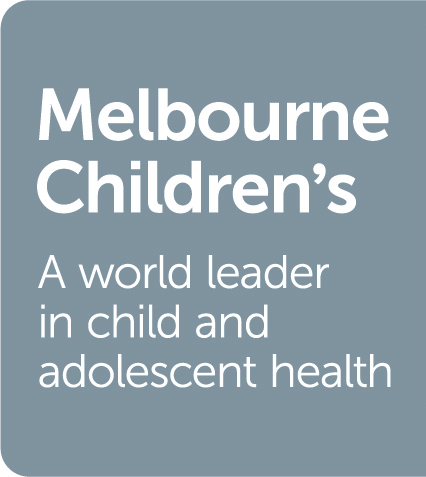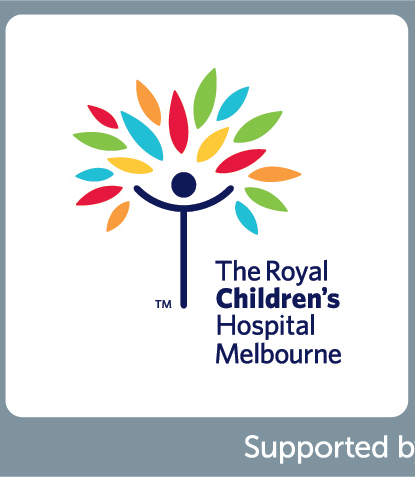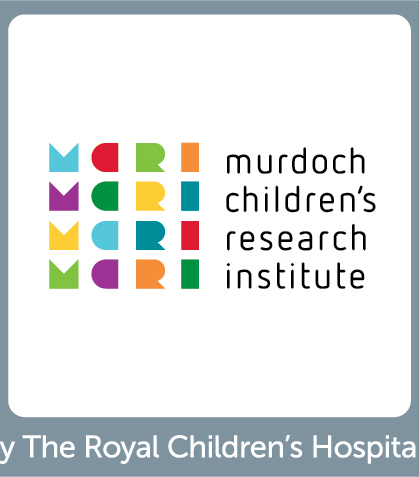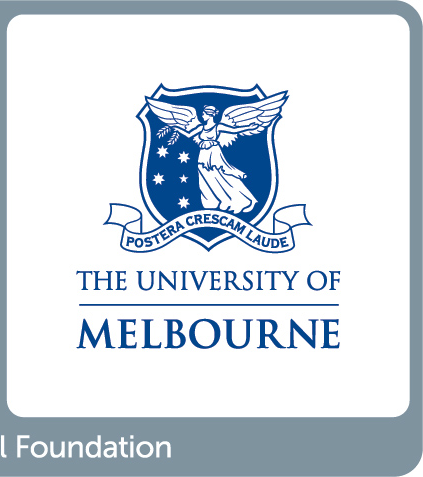Victorian Infant Brain Study (VIBeS)
The Victorian Infant Brain Study (VIBeS) Longitudinal Cohort is the world’s largest prospective longitudinal neuroimaging and neurodevelopmental study of very preterm and term children continuing into adolescence. This longitudinal study is investigating the long-term consequences of early brain injury on brain development and functional outcomes including cognitive, academic, motor, emotional and social functioning.
One of the primary aims of the VIBeS longitudinal cohort is to understand why the long-term outcomes following very preterm birth varies so greatly, from children with severe cognitive and motor impairments to children who are functioning well across all domains. We are particularly focused on identifying neurological biomarkers for specific neurodevelopmental disorders from our longitudinal MRI data, as well as family protective factors such as parental mental health and parenting.
| Study Summary | |
|---|---|
| Study name | Victorian Infant Brain Study |
| Study abbreviation | VIBeS |
| Current principal investigator/s |
Peter Anderson Terrie E Inder Lex Doyle Deanne Thompson Jeanie Cheong |
| Current project manager |
Peter Anderson |
| Primary Institution/s |
Murdoch Children’s Research Institute - MCRI
Monash University Royal Women’s Hospital The Royal Children’s Hospital - RCH |
| Collaborating Institution/s |
Brigham and Women's Hospital, Boston MA, USA |
| Major funding source/s |
National Health and Medical Research Council - NHMRC
|
| Study website | https://www.mcri.edu.au/research/themes/clinical-sciences/victorian-infant-brain-studies-vibes |
| Study focus |
Documenting the trajectory of brain development and neurodevelopmental outcomes in children born very preterm compared with term controls. Investigating brain abnormalities and environmental factors contributing to high proportion of developmental impairment in preterm children. |
| Sampling frame |
224 preterm children (born < 30 weeks’ gestation or with birthweight < 1250 g) recruited from eligible admissions to the Royal Women’s Hospital, Melbourne (Australia), and a contemporaneous control group of 77 term children (born 37 to 42 weeks’ gestation). |
| Primary study type | Longitudinal cohort |
| Primary participant (at recruitment) | Index child |
| Year commenced |
2001 |
| Is this study ongoing? | Yes - the study is ongoing |
| Ongoing recruitment? | No |
| Sample size (N) |
224 preterm infants, recruited at birth; 46 term infants recruited at birth, plus 31 term children recruited at age 2 years |
| Survey data available? | Yes |
| Imaging data available? | Yes |
| Linkage to administrative dataset/s? | No, consent to link to administrative dataset(s) obtained, but linkage not yet started |
| Biosamples available? | Yes |
| Are data available to others outside study team, with appropriate safeguards and structures in line with the cohort’s ethics and governance processes? | Yes |
| Are there any costs associated with data/sample access for approved requests? | There are usually no costs associated with access |
| Broadest type of participant consent available |
Extended consent (can be used for future ethically approved research related to this project) |
| Study Contacts | |
|---|---|
| Principal investigator/s |
Peter Anderson Terrie E Inder Lex Doyle Deanne Thompson Jeanie Cheong |
| Project manager |
Peter Anderson |
| Study Contact |
Email: vibes@mcri.edu.au |



